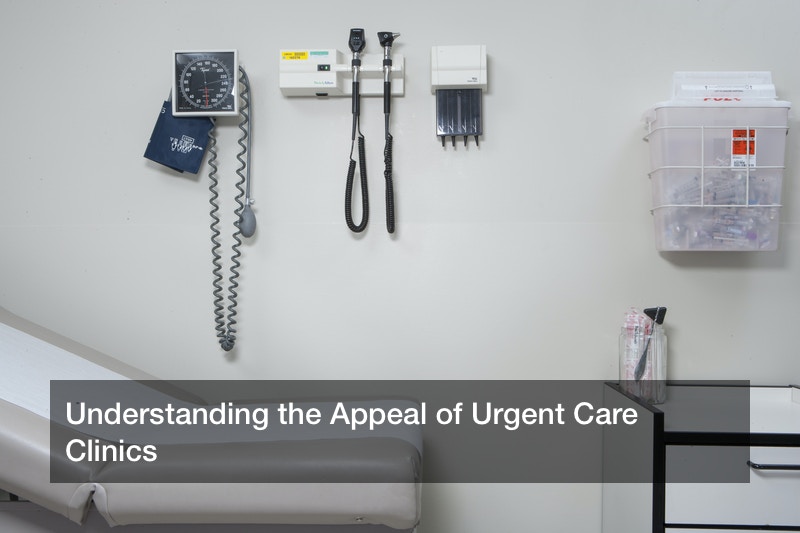

Oral hygiene is a vital, if often neglected, part of overall health. But your efforts to take care of your mouth and teeth may have been hampered up until now by some common misconceptions. Here are five pervasive oral hygiene myths that need to be busted:
- Whiter Teeth Are Healthier
Just because your teeth are white doesn’t mean you have nothing to worry about. Teeth tend to darken with aging, which is why there may be a popular association between white teeth and healthy teeth, but you can’t skip a thorough hygiene routine based on color. On the other hand, you don’t necessarily need to worry if your pearly whites aren’t so pearly white. If you’d like to consider teeth whitening for cosmetic reasons, you can talk to your dentist about safe options.
- Stiffer Brushes Do a Better Job
Soft toothbrushes are actually generally a better choice than stiffer ones. Remember that you don’t need to scrub at your teeth to get them clean as long as you brush regularly for an adequate amount of time (at least twice daily for two minutes each time).
- You Only Need to Brush Your Teeth
Brushing is intended to benefit your gums almost as much as your teeth. That means you shouldn’t give up on brushing when your gums are bleeding. If your gums bleed regularly, you should see your dentist to get a better overall picture of your gum health.
- Baby Teeth Don’t Really Matter
Parents often think that it’s not a big problem for children to get cavities in their baby teeth, but that’s simply not true. Tooth decay in children can lead to other health problems, and those baby teeth are crucial when it comes to adult teeth coming in as they should. It’s important to build good oral hygiene habits even with young children and ensure they get dental care twice a year as soon as their first teeth appear.
- Mouth Wash Replaces Flossing
People are always looking for excuses to stop flossing, but the simple truth is that flossing is one of the cheapest and easiest ways to avoid a cavity. If you don’t floss, you miss cleaning about a third of the surface of each tooth. That can lead to tooth decay, gingivitis, and a major case of halitosis (bad breath). Once you get in the habit, flossing isn’t such a chore, anyway.
Can you think of any other dental hygiene myths that need busting? Join the discussion in the comments.
